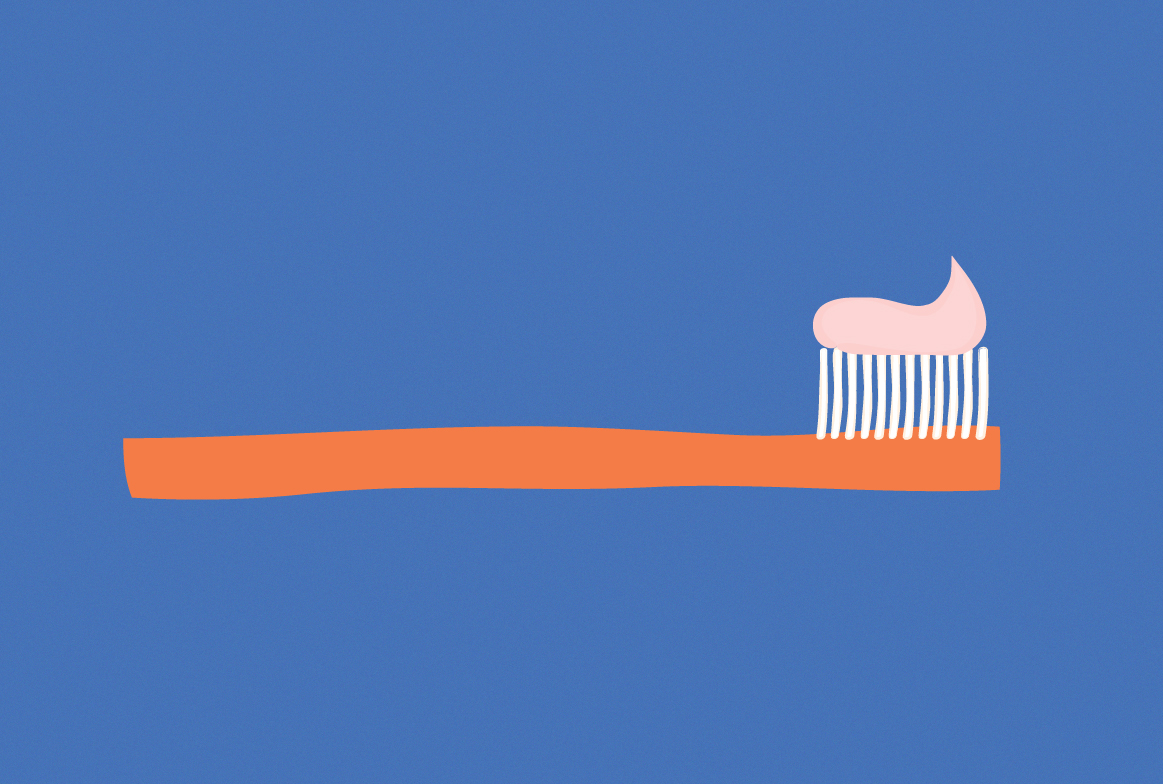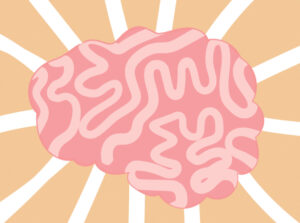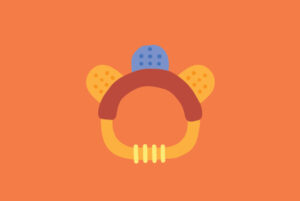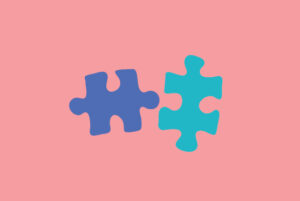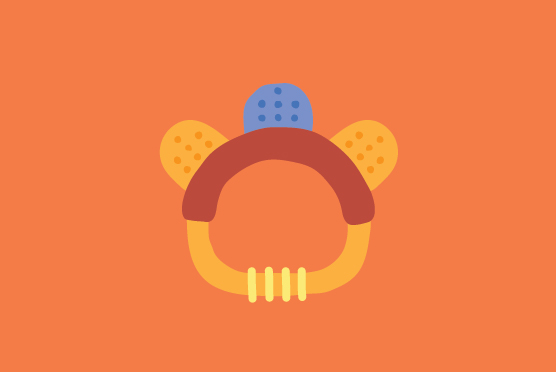Inside this article
When it comes to our children’s health, it’s easy for dental health to slip under the radar, but current statistics should make all parents sit up and take notice. Research shows that in the 2023–2024 school year, just over 1 in 5 five-year-olds in England had visible tooth decay. Alarmingly, tooth decay remains the leading cause of hospital admissions for tooth extraction among children aged 5 to 9. These figures highlight a pressing issue; whilst tooth decay is largely preventable, it is affecting thousands of children. Beyond brushing and routine dental visits, what kids eat every day has a big impact on their teeth. So, in this blog, our resident Dietitian Lucy Upton, will cover;
- Foods that support children’s dental health
- The top-most harmful foods for children’s teeth
- How to best protect your child’s smile
Foods that support children’s dental health
When it comes to oral health, we often focus on what not to eat, but let’s start with the positives. There are plenty of foods that can support children’s oral and dental health. Here are some nutrient-packed options, and why they are so supportive of children’s smiles.
- Dairy foods – A food group everyone cites when thinking about strong teeth! Milk, cheese, and yoghurt (alongside calcium-fortified alternatives) are rich in calcium and phosphates that strengthen tooth enamel and can also help balance acids in the mouth.
- Crudites (yes, really, crunchy fruit and vegetables!) – Apples, carrots, and celery do more than fill hungry tummies – they encourage chewing, increase saliva flow and therefore can help wash away harmful acids in your child’s mouth – acting much like nature’s toothbrush.
- Nuts and seeds – Offered safely for little ones (well group or as butters), these make great low-sugar snacks and are rich in minerals like magnesium and phosphorus. Options like sesame seeds or tahini also give a calcium boost.
- Leafy greens – Spinach, kale, and other greens pack calcium and folate, which support both gums and teeth. Whilst they are not traditionally kids’ favourite foods, try blending them into pasta sauces or smoothies
- Water – Not a food, but essential. It goes without saying that water rinses away food debris, supports saliva flow, and keeps kids hydrated – making it the top drink choice for teeth every time.
The top-most harmful foods for children’s teeth
You might be thinking, “I don’t need you to teach me to suck boiled sweets” – it’s true that we probably all know the main causes of dental decay, but when it comes to children, some foods, often those perceived as healthy, can cause more harm than many parents realise. Let’s look at some of the biggest offenders.
- Sugary drinks – For all the right reasons, this is top of my list! Drinks with added sugars – whether refined, artificial, or even naturally occurring from fruits can be a major contributor to tooth decay. Flavoured waters, fizzy drinks, squash, milkshakes, and sports drinks can sneakily add up throughout the day, coating teeth in sugar and promoting cavity formation. Even fruit juices and smoothies, which contain vitamins and minerals, can be problematic because of their natural sugar content and acidity. For children, it’s best to:
- Encourage water or plain milk as their main daily drinks to help protect teeth and maintain hydration.
- Limit intake of fruit juices or smoothies to 100–150 ml per day, ideally with meals rather than as a snack.
- Dilute juice heavily with water (1 part juice, 10 parts water), especially for younger children under 4.
- Sweet treats – Sweets, chocolate, cakes, and icing are well-known offenders, but even foods like sweetened cereals, certain yoghurts, dried fruit, or fruit rolls can deliver concentrated sugars that cling to teeth and feed bacteria. Many parents are surprised to hear that dried fruit snacks, bars and jerky are high in sugars from fruit (typically dried fruit).
- Some baby food pouches – Due to the way they are produced, processed baby food pouches containing 100% or a high percentage of pureed fruit are naturally high in free sugars. While these products are convenient and nutritious in terms of vitamins and fibre, frequent consumption can expose little teeth to sugars, increasing the risk of early childhood tooth decay. This can be exacerbated if consumed directly from the nozzle. To protect your baby’s dental health:
- Limit the frequency of fruit pouches and keep to mealtimes when offering
- Offer whole fruit instead of pouches whenever possible. In whole fruits, the naturally occurring sugars are contained within cell walls. Chewing whole fruit also stimulates saliva, which naturally helps protect teeth.
- Offer water with meals, and when offering these foods
- Use a spoon instead of sucking from the pouch,
- Constant snacking or sipping – It’s not just about how much sugar kids have, but how often. Grazing or sipping sugary drinks exposes teeth to repeated acid attacks, increasing the risk of cavities compared to enjoying higher sugar foods alongside main meals.
How to best protect your child’s smile
Taking all of the above into account, alongside some tips from some fabulous dental colleagues, here are some of the best tips to build smile-friendly habits and protect your child’s teeth
- Make water and milk the go-to drinks for young children
- When offering foods or drinks higher in sugar, keep them to mealtimes, when saliva is naturally better at buffering acids.
- Get label savvy – there are hidden sugars in a wide variety of foods we eat, from jarred sauces to cereals, kids’ snack foods, and even options marketed as healthful, and without ‘added sugars’. Check the ‘of which sugars’ section of nutrition labels – <5g/100g is considered low sugar.
- Sugar often sneaks in during snacks – cakes, pastries, oat bars and dried fruit snacks. Consider swapping to some lower sugar balanced snacks – like cheese, crunchy veg, or nut/seed butters
- Avoid the view ‘it’s ok, they’ll lose these teeth’- often milk teeth are considered ‘less important’ to look after, but this couldn’t be further from the truth. Healthy milk teeth are essential for oral motor skills like chewing, speech development, and maintaining space for permanent adult teeth. Neglecting them can lead to pain, infections, difficulty eating, and the potential for surgery in severe cases.
- Don’t forget tooth brushing, twice a day from the moment your baby gets their first tooth!
Remember, dental health is more than just brushing – it’s also about what’s on your children’s plates (and in their cups). With a little planning, you can build habits that help protect your child’s teeth for many years to come.
Reviewed and updated 21 February 2026

